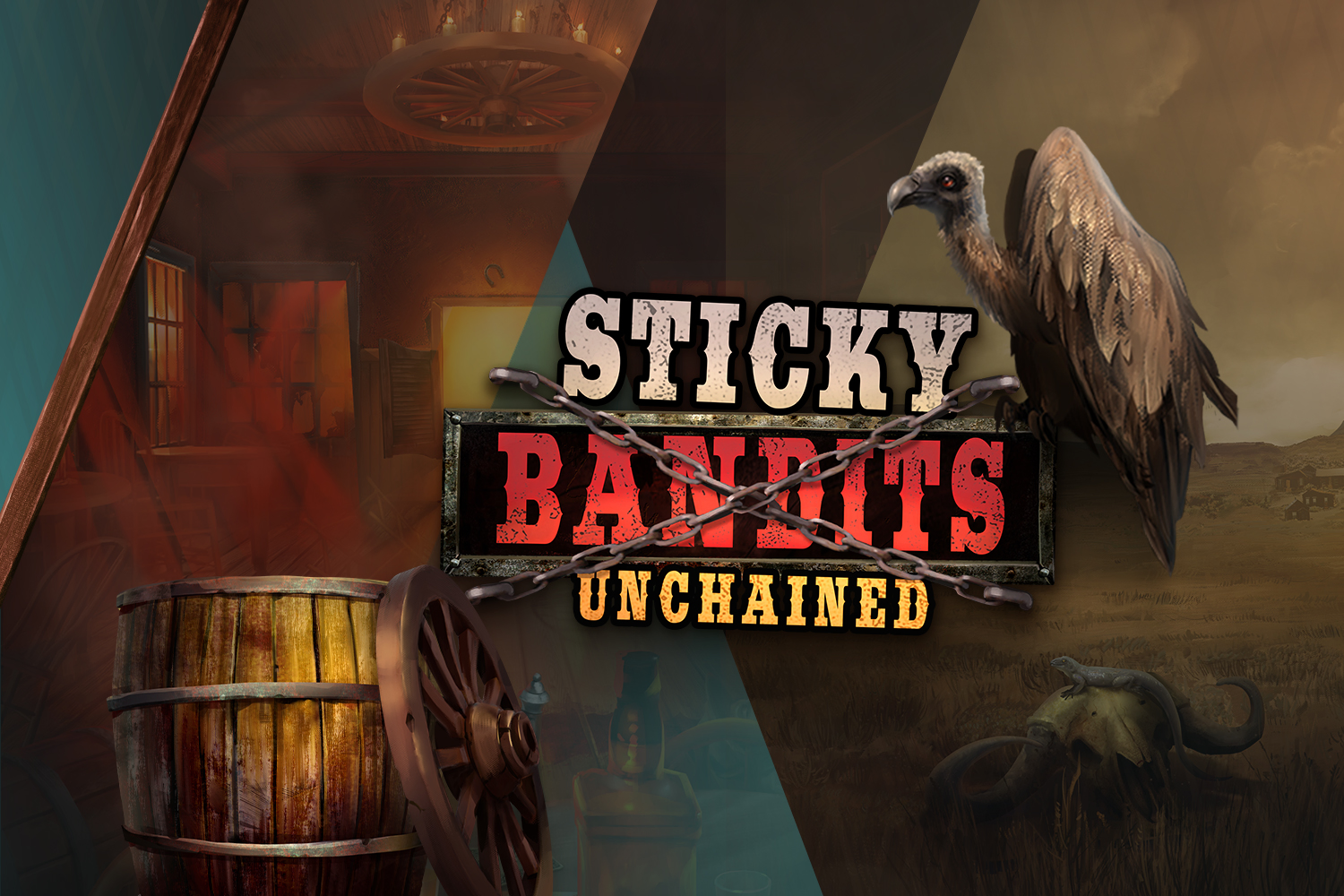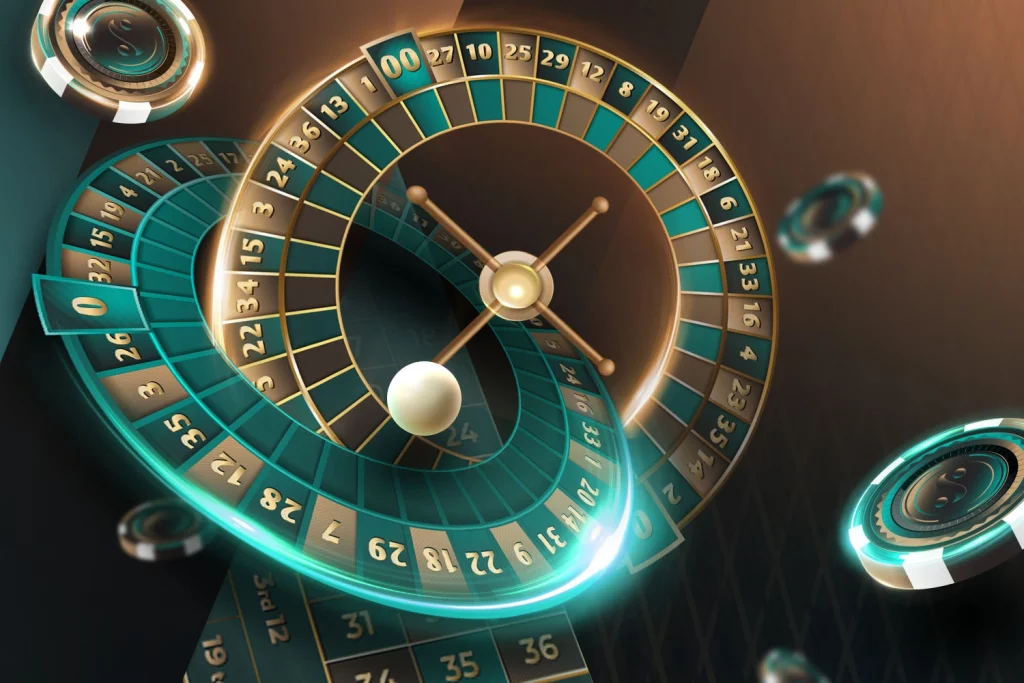Welcome to our journey through the fascinating world of casino games. From the glitzy halls of Las Vegas to the digital realms of online platforms, casino games have undergone a remarkable transformation over the years.
This post delves into the history and evolution of some of the most popular casino games. Join us as we explore how traditional games like Blackjack, Roulette, Poker and Pokies have adapted to the changing times. Moreover, new games have emerged to capture the imagination of players worldwide.
So, let’s shuffle the deck and dive into the evolving world of casino games!

Key Takeaways
🃏 Blackjack, deriving from 17th-century French and Spanish games, has evolved to include strategic features like visible dealer cards, boosting its appeal in casinos worldwide.
🔴 Roulette offers a simple, suspenseful play. With its double zero, variables like American Roulette increases the house edge. Online versions benefit greatly from technological advancements.
🎰 Pokies have progressed from mechanical to interactive online pokies. They now use cutting-edge technology, with leading developers constantly innovating.

The Origins and Growth of Blackjack
Blackjack, a leading casino game, traces its origins to France in 1888, Britain in the 1770s and 1780s as Twenty-One, and the United States in the early 1800s. It evolved into the current American blackjack around 1899. This game, a mix of luck and strategy, gained global popularity, evolving from various French and Spanish games of the 17th century. Players worldwide now enjoy blackjack in both land-based and online casinos.
The Emergence of Modern Blackjack
The path towards modernity for Blackjack started with its introduction in America by French colonists. Before this, ancient Romans played a similar game using wooden blocks, but today’s version was developed in the USA. Early in the 19th century, Blackjack began to garner popularity across America and eventually reached a global audience with the rise of online casinos.
One distinguishing feature of modern blackjack involves making the dealer’s second card visible to all players. This modification was implemented to infuse more excitement and strategy into the game, enabling players to make well-informed decisions. This strategic element is also present in real money online pokies, where the right choices can lead to big wins.
In the early 20th century, the game of Vingt-et-un underwent a rebranding to Blackjack. This transformation signaled the start of a new epoch, as Blackjack cemented its place as a crowd favourite among casino patrons. Today, many different casino games, including progressive online pokies, offer players the chance to win massive jackpots, but blackjack holds its own with its unique blend of skill and chance.

The Art of Card Counting
The legalisation of gambling in Nevada in 1931 was a turning point for blackjack, leading to a surge in the popularity of card-counting strategies. Card counting in blackjack involves giving each card a value and tracking the running total as cards are dealt. This strategy enables players to estimate the likelihood of getting good cards from the remaining deck, similar to how online pokies sites provide information on odds and strategies to improve chances of winning.
The concept of card counting was first developed in 1957 and refined further in 1962 by mathematician Ed Thorp, a significant figure in the field. His book ‘Beat The Dealer’ unveiled a point system for blackjack card counting that professional card counters have been using successfully to this day.
As a result, blackjack has maintained its status as one of the most popular casino games globally, both in land-based and online settings.
Technological Advancements in Blackjack
As technology advanced, so did blackjack’s evolution. The advent of online casinos in the 1990s revolutionized how people played blackjack. Online platforms offered convenience, varied betting options, and the ability to play from anywhere. Moreover, the introduction of live dealer games bridged the gap between online and physical casinos, providing an immersive experience that simulates playing at a real table.
The digital era also introduced new variations of online blackjack. Games like Spanish 21, which removes all 10s from the deck, and Blackjack Switch, where players are dealt two hands and can swap cards between them, added fresh layers of strategy. These variations keep the game dynamic and appealing to both new and seasoned players.

Roulette: From Pascal’s Wheel to Casino Classic
Roulette is another gambling game icon. It originated in the 17th century from French mathematician Blaise Pascal’s attempt at a perpetual motion machine. Hence, this led to an early form of roulette. By 1796, Parisian casinos featured roulette in its now-recognizable form. Today, roulette’s simple rules and suspenseful gameplay have made it a staple in casinos worldwide.
American Roulette: Double Zero and Beyond
American Roulette emerged in the 19th century in the United States. Distinct from other versions, American Roulette incorporated a double zero on the wheel, thereby raising the house edge and skewing the odds towards the house.
The double zero in American Roulette increases the house edge to 5.26%, a significant leap from the 2.70% house edge in European Roulette. This increase in house edge makes winning more challenging for players, adding an extra layer of suspense and excitement to the game.
American Roulette’s popularity has skyrocketed in casinos across the globe, thanks to the higher house edge provided by the double zero. The increased edge equates to a higher potential profit for casinos, making American Roulette more profitable than other game variations.

The Digital Revolution: Online Roulette
Technological advancements like gaming software, real-time dealer tech, mobile gaming, VR, AR, cryptocurrency, and blockchain have greatly enriched the online roulette experience. These innovations provide 3D graphics, enhanced audio, and immersive gameplay. This transformed how players interact with online roulette.
Live dealer roulette, a significant milestone, replicates the authentic casino experience online. It features real dealers, physical roulette wheels, and live card dealing, emphasizing player-dealer interaction and immersion, distinguishing it from standard online roulette games.
Cultural Significance of Roulette
Roulette’s allure transcends the casino floors and is deeply embedded in popular culture. Often referred to as the “King of Casino Games,” it epitomizes glamour and sophistication and is frequently featured in films, books, and TV shows.
A notable example is James Bond, the quintessential symbol of suave and high-stakes gambling, often depicted engaging in roulette. This association with iconic characters like Bond underscores Roulette’s mystique and luxury, capturing the imagination of audiences worldwide.
Roulette’s cultural embodiment reflects its historical legacy and continues to bolster its status as a timeless and quintessential element of the gaming world.

Pokies: A Timeline of Innovation and Adaptation
Pokies, or slot machines, boast a rich history marked by continual innovation and adaptation. From the first pokies machine by Sittman and Pitt to today’s modern online pokies and progressive pokies. These machines have evolved, meeting player preferences and technological advancements.
The Birth of the Slot Machine: Mills Liberty Bell
Charles Fey, a mechanic, invented the first true slot machine known as the Mills Liberty Bell. This machine, featuring an automatic payout system, established the benchmark for future pokies machines and catalyzed the evolution of pokies.
The Mills Liberty Bell had a simple design with three spinning reels, displaying symbols like hearts, spades, horseshoes, diamonds, and the Liberty Bell itself. Players needed to line up these symbols to win after placing their initial bet.
The most groundbreaking aspect of the Mills Liberty Bell was the automatic payout mechanism. It was a novel idea at the time and eventually became a standard feature in slot machines. This innovation set the bar for the complexity and reliability necessary in future slot machines, marking a significant milestone in the evolution of pokies.
Electromechanical Innovations and the Rise of Video Slots
The 1963 introduction of the first electromechanical slot machine, Bally’s Money Honey, marked a significant technological shift. These machines blended mechanical and electrical components, incorporating audio-video technology to enhance the gaming experience. With actual symbols on three reels and a lever to start the game, these machines added excitement and sophistication to pokies.
The first video slot was introduced in 1976 by Fortune Coin Company in Las Vegas. This innovation eliminated the need for physical reels and levers, ushering in a new era in pokie gaming. These video slots offered a more immersive and interactive gameplay experience, setting the stage for the online pokies we enjoy today.
The Online Pokies Boom
Online Pokies have revolutionized casino games. Starting from accessibility by allowing players to enjoy online games from anywhere. This era introduced innovative features like interactive bonus rounds and advanced graphics. Developers are focused on creating immersive, story-driven games, attracting a diverse player base.
Technological advancements propelled this surge. The use of HTML5 enabled smoother, more reliable gameplay across devices. Mobile gaming rise made pokies accessible on smartphones and tablets. This shift led to an explosion in mobile-specific pokies titles.
The integration of cryptocurrencies in online gaming platforms introduced secure, anonymous ways to play online pokies. This feature attracted a tech-savvy audience, boosting the popularity of online pokies. Artificial intelligence and machine learning began personalising gaming experiences by suggesting games based on individual preferences.
With the rise of mobile gaming, online pokies have become more accessible on mobile devices, with special apps and mobile-friendly features. This shift caters to a broader audience, making it easier to play popular online pokies, classic pokies, and high volatility pokies on the go.
Online gaming sites also emphasized responsible gaming features. Tools like self-exclusion and deposit limits helped maintain a safe gaming environment. The best online pokies sites prioritized user experience, offering seamless navigation and customer support.
This boom in online pokies reflects a broader trend in digital entertainment. It showcases the fusion of technology and traditional casino gaming, constantly evolving to meet player demands.

The Appeal of Poker
Poker began in New Orleans in 1829 and has become a globally popular card game. Its mix of social interaction, strategic gameplay, and the excitement of uncertainty in each poker hand draws players worldwide. Poker combines fun, the chance to win money, mental challenge, and control over fate, making it a favorite among card game enthusiasts.

From Saloons to Casinos: Poker’s Journey
Poker’s journey from saloons to casinos is a tale of evolution and adaptation. It gained popularity in the Wild West saloons of the 1870s and 1880s, evolving from the French card game Poque in New Orleans. Poker tables, once common in saloons, eventually found a home in casinos, solidifying poker’s place as a casino mainstay.
Poker evolved from a simple 20-card game to using a 52-card deck around 1834. The American Civil War introduced draw poker, stud poker, and the straight, adding complexity and requiring more refined skills and strategies.
Poker’s move from saloons to casinos led to diverse variants like Omaha, draw, stud, and community card poker. These variations cater to different preferences and strategies, keeping poker engaging and challenging worldwide.
The World Series of Poker and Beyond
The World Series of Poker (WSOP), created by Benny Binion and first hosted in 1971, significantly boosted poker’s popularity. The WSOP, with events like the World Series of Poker Europe (WSOPE), unites players globally, crowning a world champion and drawing diverse participants.
Poker legends Johnny Moss, Stu Ungar, Phil Hellmuth, Phil Ivey, Erik Seidel, and Johnny Chan have greatly impacted the WSOP. Their achievements add prestige to the tournament, attracting more players and fans to poker.
SkyCity Casino: Pioneering Casino Games Evolution in New Zealand
SkyCity Casino and its online counterpart, SkyCity Online Casino, have significantly influenced the evolution of casino gaming in New Zealand. They provide a wide range of online casino games and slots. From classic card games like Blackjack, Roulette, and Baccarat to the latest interactive and progressive jackpot pokies.
These platforms exemplify the dynamic adaptation of traditional and online casinos to the changing gaming landscape. Offering everything from real money online pokies to immersive virtual gaming experiences. SkyCity showcases its dedication to providing diverse and engaging gaming options. This commitment reflects their focus on delivering a comprehensive and dynamic gaming experience to all casino enthusiasts.

The Timeless Allure of Casino Gaming
Casino gaming, a world of enthralling entertainment, has witnessed a remarkable evolution. Popular games like blackjack, roulette, pokies, and poker have maintained their appeal and adapted beautifully over time. Initially rooted in the modest settings of saloons, these games have grown into global digital sensations, embodying the enduring allure of gaming and our innate love for challenge and innovation.
The journey of casino games is marked by constant evolution, skillfully keeping pace with technological advancements and changing player preferences. This ability to adapt and set trends is key to their sustained popularity worldwide. As technology advances, casino games are on the brink of offering even more captivating and immersive experiences. This ongoing evolution is a testament to their lasting relevance and the promise of a future rich in innovation and entertainment for players around the globe.
Moreover, casino games’ sustained appeal and adaptability underscore their power to captivate and entertain, securing their place in the gaming world for years to come. Looking to the future, the possibilities for further innovation and excitement in casino gaming seem limitless. This ensures the continuation of the rich legacy of these beloved games, promising enduring entertainment and engagement for enthusiasts everywhere.
Frequently Asked Questions
What is the history of casino games?
The history of casino gaming began in the 17th century with the opening of the Ridotto in Venice, Italy. Casinos then spread across Europe in the 19th century, evolving into the gambling hubs known today worldwide, including online platforms.
What are the most popular casino games in New Zealand?
In New Zealand, the most popular casino games are pokies, also known as slot machines. These games are favoured for their ease of play, diverse themes, and potential big payouts. While table games like Blackjack and Roulette also have a strong following, pokies dominate the casino landscape in New Zealand, both in land-based casinos and online platforms.
How did gambling evolve?
Gambling evolved from ancient dice games in Mesopotamia around 3000-2500 BC to today’s global industry. It spread across various cultures, leading to the establishment of gambling houses in the 17th century. The 19th and 20th centuries saw the rise of organized casinos, and the late 20th century introduced online gambling, significantly expanding its reach and scope. This evolution reflects technological advancements and changing regulatory landscapes.
How is poker played?
A poker player aims to make the best 5-card hand using community and hole cards. They bet on the value of their hands, folding if necessary, as the game proceeds clockwise.





